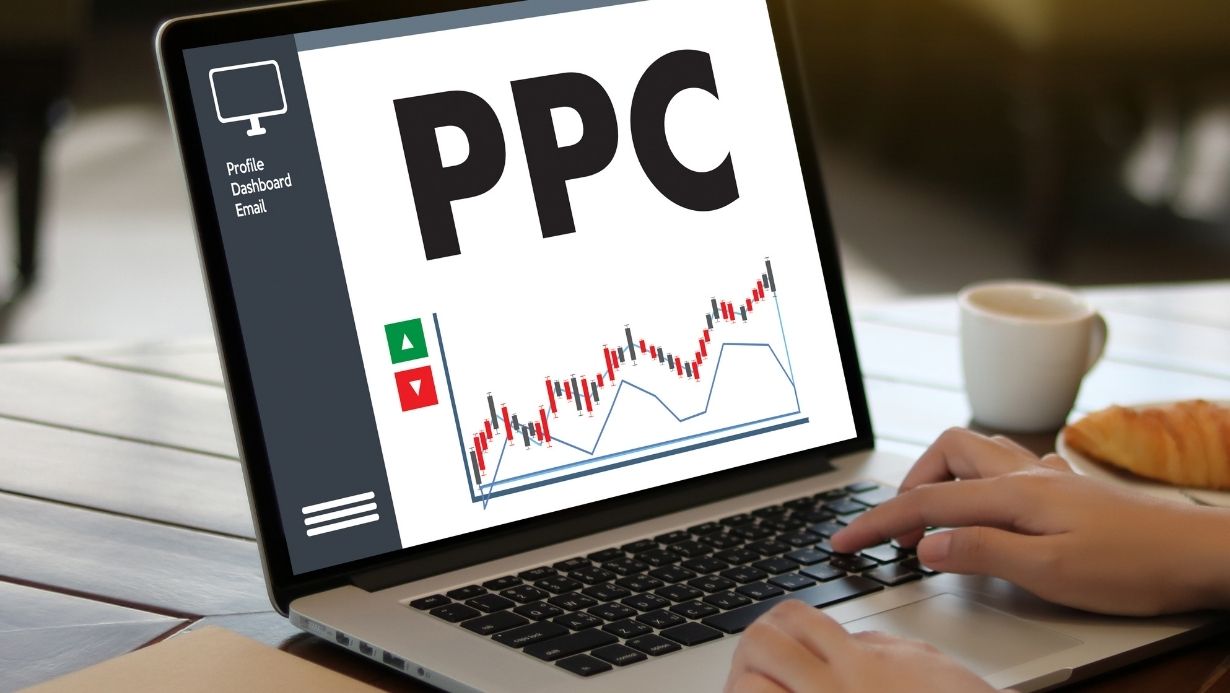
If you’re running an online store in 2025, chances are you’re spending real money on ads. But here’s the uncomfortable truth: throwing money at Google or Meta without a strategy is like pouring water into a leaky bucket. It might fill for a second, but it won’t last. That’s where PPC Optimization becomes your secret weapon. It’s not just a buzzword—it’s the difference between wasting budget and building a scalable, profitable e-commerce engine.
Without PPC Optimization, your campaigns become expensive experiments. Clicks come in, but conversions stay low. ROAS is inconsistent. And worse, you lose trust in the process. But when you optimize with intention—tweaking keywords, refining targeting, testing creatives—you move from guessing to growing. This article unpacks exactly why optimizing your pay-per-click campaigns is mission-critical for e-commerce brands in 2025 and how to make it work for you, no matter your ad spend.
What Is PPC Optimization and Why Does It Matter for Online Stores?
PPC Optimization is the ongoing process of improving your paid advertising performance by adjusting bids, targeting, keywords, ad copy, landing pages, and more. For e-commerce, every click counts—literally. You’re paying for traffic, so each visitor should be one step closer to a sale.
The Stakes Are Higher in E-Commerce
Unlike B2B or lead-gen campaigns, e-commerce relies on direct conversions. If your PPC campaigns are underperforming, your margins evaporate fast. Optimizing ensures you’re not just spending but investing—turning every dollar into measurable growth.
Key Benefits of PPC Optimization for E-Commerce
1. Improved Return on Ad Spend (ROAS)
By eliminating waste and focusing on high-performing segments, PPC Optimization can dramatically increase your ROAS. That means more profit, less spend.
2. Better Audience Targeting
Fine-tuning your campaigns helps you reach the right people at the right time. No more guessing who your buyers are—data shows you.
3. Lower Cost Per Acquisition (CPA)
When your keywords, bids, and creatives are optimized, you get more conversions for less money.
How PPC Optimization Impacts the Entire E-Commerce Funnel
Awareness Stage
At this stage, optimized ads help you stand out in a sea of competitors. Well-targeted display and shopping campaigns create visibility where it matters.
Consideration Stage
Users who clicked but didn’t buy? PPC Optimization through retargeting ensures you re-engage warm leads with tailored offers and urgency.
Conversion Stage
Here’s where every detail counts—from the ad copy to the landing page speed. Small tweaks in your campaign structure can directly impact your checkout rates.
Common PPC Mistakes E-Commerce Brands Make (and How Optimization Solves Them)
- Broad, generic keywords
→ Optimize with long-tail, product-specific keywords.
- One-size-fits-all creatives
→ A/B test images and copy based on product category.
- Ignoring device targeting
→ Use PPC Optimization to segment by mobile vs. desktop for higher ROAS.
- No negative keywords
→ Add them regularly to avoid wasting budget on irrelevant traffic.
How One DTC Brand Cut CPC in Half with PPC Optimization
A fashion e-commerce brand was spending $5,000/month with little profit. After a PPC audit and optimization:
- Irrelevant keywords removed
- Product titles restructured
- Ad extensions added
- Mobile-specific ads created
Result:
- CPC dropped by 42%
- ROAS increased from 1.6 to 3.4
- Conversion rate improved by 30%
That’s the power of structured PPC Optimization.
Why This Matters to You as a Brand Owner
You didn’t start your e-commerce business to waste money—you did it to build something real. Every dollar counts, especially if you’re bootstrapped or scaling carefully. With the right PPC Optimization, your ad campaigns stop being a gamble and start becoming predictable growth engines.
The difference between a store that breaks even and one that scales to 7 figures often comes down to how well you manage your paid traffic. This isn’t just numbers. It’s your livelihood.
How to Start Optimizing Today
Don’t wait for another disappointing campaign report. Here’s where to begin:
- Run a full account audit – Review keyword match types, device data, and audience segments.
- Set clear KPIs – Know your target ROAS, CPA, and conversion rates.
- Test & iterate – Use A/B tests on creatives, landing pages, and offers.
- Automate wisely – Use rule-based bidding or smart campaigns, but monitor closely.
Start small, optimize regularly, and let data—not guesses—drive your decisions.
FAQs
How often should I optimize my PPC campaigns?
Ideally, weekly. Trends shift fast. Regular checks help you stay ahead and spot inefficiencies early.
Does PPC Optimization require a big budget?
Not at all. In fact, smaller budgets benefit the most because there’s less room for waste. Even $500/month can be powerful when optimized properly.
Can automation tools replace manual optimization?
They help, but nothing replaces human insight. Use them for efficiency—but combine with manual reviews to stay sharp.







